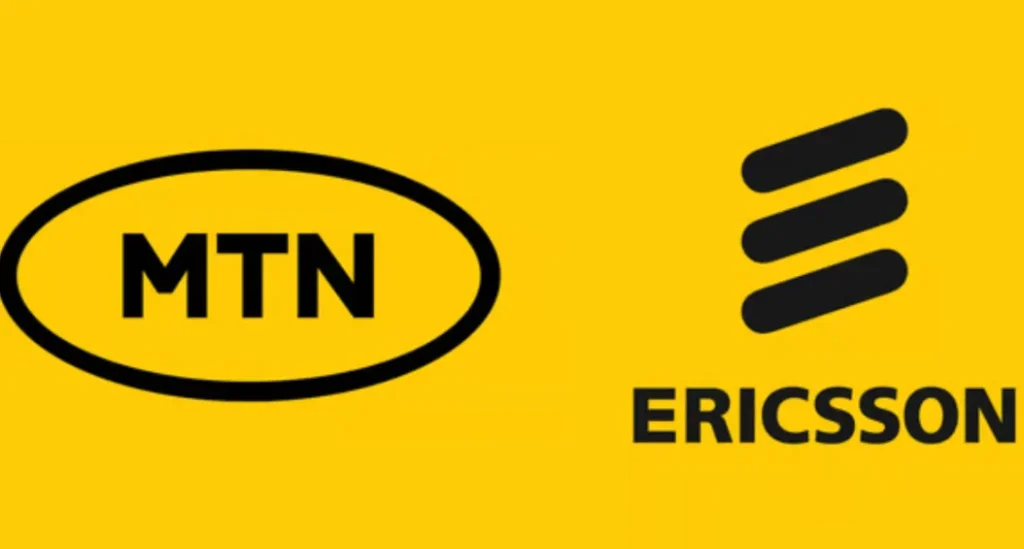Skype, once a household name and a pioneer in video calling, is set to shut down on May 5, 2025, as Microsoft consolidates its communication services into Microsoft Teams. The tech giant has already ended all paid Skype services and is encouraging users to migrate to Teams, where they can transfer existing chats and contacts.
The Rise and Fall of Skype
Skype’s journey from a groundbreaking communication tool to its eventual decline is a tale of innovation, acquisition, and missed opportunities. Launched in 2003, Skype quickly became synonymous with video calling, so much so that its name became a verb (“Let’s Skype!”). At its peak, Skype was the go-to platform for personal and professional communication.
Microsoft’s Fragmented Approach
Microsoft’s attempts to integrate messaging through Office Communicator and Lync, followed by the launch of Skype for Business, created a fragmented approach that alienated both consumer and business users. The separation of Skype for Business from the original consumer-focused Skype proved problematic.
The Rise of Zoom and the Pandemic Effect
As Skype faltered, Zoom emerged as a dominant player in the video conferencing space. Zoom’s user-friendly interface, seamless screen-sharing, and reliable performance drove widespread adoption, particularly during the COVID-19 pandemic.
Microsoft’s Strategic Pivot to Teams
Microsoft’s decision to sunset Skype reflects a strategic pivot towards a more unified and business-focused communication platform. Microsoft Teams, integrated within the Office Suite, has become the centerpiece of Microsoft’s communication strategy.
What Happens Next?
With Skype’s shutdown imminent, Microsoft is encouraging users to migrate to Teams. Existing Skype users can transfer their chats, contacts, and other data to Teams, ensuring a smooth transition. Microsoft has also assured users that Skype and Teams will remain interoperable until the shutdown date.
Key Takeaways
- Timing is Critical: Skype’s decline underscores the importance of timing in competitive markets.
- Core Strengths Matter: Microsoft’s struggles highlight the importance of focusing on core strengths.
- Unified Platforms Win: The consolidation of Skype into Teams reflects a broader trend toward seamless communication platforms.
Conclusion
Skype’s shutdown on May 5, 2025, marks the end of a chapter in online communication history. While its legacy as a pioneer in video calling will endure, Skype’s decline serves as a reminder of the challenges of staying relevant in an evolving tech landscape. As Microsoft pivots to Teams, the transition represents an opportunity for users to embrace a more collaborative communication platform.












